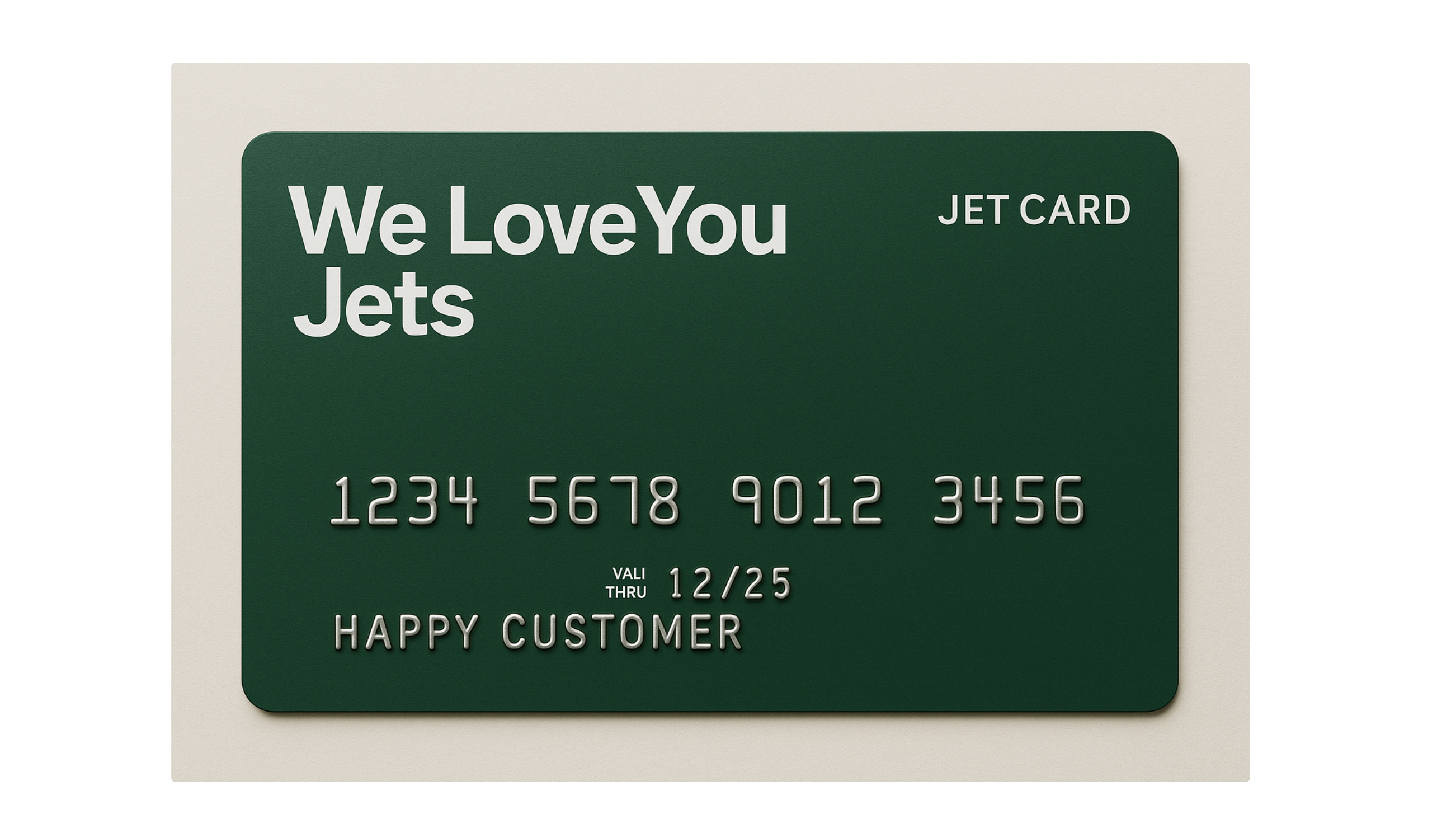
With Trump tariffs of up to 25% on imports which could include private jets, here’s what could be in store for fractional private jet buyers.

What impact would Trump’s tariffs have on fractional private jet buyers waiting for their aircraft to be delivered or considering buying a share in a tail that has yet to be imported into the United States?
If you are wondering, join the queue.
During Corporate Jet Investor in London earlier this week, a live audience poll found that 89% of industry executives were concerned about the impact of tariffs.
Threatened reciprocal tariffs for Canada are pegged at 25%.
Who has to eat the cost?
And if you do, since the purchase price of your share is only one component of the overall cost, how much more would you end up paying?
Are there any things a fractional operator could do to mitigate the tariffs for their customers?
Flexjet CEO Mike Silvestro tells us it’s too early to comment, and other fractional providers declined to comment.
However, lawyers, importers, and industry analysts are offering their guidance.
TVPX President Tobias Kleitman told attendees in London, “We as an industry need to be prepared for this.”
He is a licensed customs broker specializing in private aviation.
Kleitman said that if the Trump salvo turns from a negotiating tactic into a full-blown trade war, “at some point, you have the next ask, and the next ask and the price gets too high.”
While Bombardier was quickly linked to the tariffs since it is based in Canada, the impact could be broader.
Components imported into the U.S. from Canada could also be subject to tariffs.
Parts manufactured in one country are shipped to another for assembly, and then that more significant component is shipped cross-border again for final assembly before delivery.
“People should be adding language to who is responsible for tariffs in their contracts,” Kleitman says.
Corporate Jet Investor Editor Al Whyte suggested beneficiaries will be lawyers and consultants running up billable hours.
Kleitman notes you are not impacted if your airplane has been delivered to the U.S. and the fractional company has accepted it.
Moving forward, there could be more expenses beyond the tariffs.
This could be especially vexing for individual buyers of full aircraft.
Customs specialist Kleitman notes, “A customs bond is $200 for a $50,000 bond to cover (the current) $634 fee. But, when you have a $2.5 million tariff due, that bond is insufficient, and the underwriting to get a bigger bond when there is real money at stake will want financials from the importer. They’re going to want a letter of credit.”
For buyers of whole aircraft, that raises several questions.
Can you get the financials for a special-purpose entity buying the plane?
Can you get a letter of credit from a bank?
Kleitman says, “There are so many questions. It takes time, and time kills deals.”
He adds the tariffs apply to preowned private jets as well.
So, what are some remedies?
Fractional operators could keep the airplanes out of the U.S.
Access is to a fleet; you may never even set foot on your airplane.
Big players like NetJets and Flexjet have operations in Europe.
They could wait and see if the tariffs are rescinded in several months.
NetJets and Flexjet will each likely take delivery of around 50 new aircraft this year.
Do the big operators have the clout to have the OEMs eat the tariffs?
Bloomberg Intelligence Senior Analyst George Ferguson says, “I don’t see any way the manufacturers could mitigate a 25% tariff on the plane. They don’t have that kind of margin.”
He adds, “Operators would have to assess whether to cancel orders and lose deposits or drive on and bear a lot more cost. If the manufacturer hasn’t started building the airplane, the price of walking away will be lower – less deposit so far.”
Ferguson notes buyers typically pay in installments as the airplane is being built.
Still, cancelations may not be a likely scenario.
Ferguson believes private jets could be exempted from any tariffs.
“Trump took a big blanket approach. Those manufacturers have a lot of the supply chain in the U.S.,” Ferguson says.
He predicts, “We could see carve-outs. The U.S. sends a whole lot of aviation parts overseas.”
Ferguson adds, “We’re not talking about dumping airplanes. (Private jets are not a) huge market like cars,” he says.
Moreover, the red-state aviation jobs that could be impacted are the well-paid blue-collar jobs President Trump wants more of us.
Ferguson adds, “What Trump cares about is companies that use predatory practices to take share.”
He says, “It’s hard to move the supply chain to move in aerospace.”
One aviation attorney who reviewed the contracts from several major fractional private jet sellers tells Private Jet Card Comparisons, “None of the agreements mention the word tariffs.”
He adds, “I suspect all will add the word to future agreements.”
However, that doesn’t mean you are off the hook.
On the contrary, he says the way the contracts are written, “I believe the companies would prevail if an owner challenged payment of a tariff.”
So, how much would this hit your bottom line?
We analyzed a major provider’s cost of a 1/8th-share for a Challenger 3500.
We examined hourly flight costs, fuel variables, monthly management fees, and the current purchase price.
If the purchase price increased by 25%, the residual value stayed at 50%, and all other numbers remained constant, your all-in hourly rate factoring in the higher cost of ownership would increase by 5.8%.
Hearing the number, one expert said he believed that when buyers weigh the reasons they are buying fractional ownership in terms of tax benefits, consistency, flexibility, and attractive flying terms—extensive primary service areas and low daily minimums—it’s unlikely tariffs will sway buyers to jet cards or ad hoc charters.